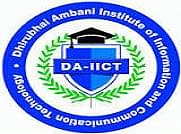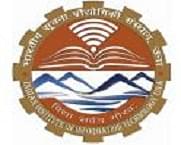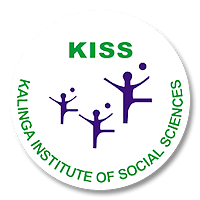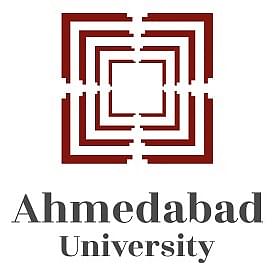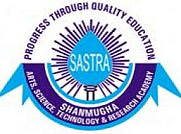PhD Admission Open 2024: A Comprehensive Guide
Introduction
As the academic
year progresses into 2024, many universities worldwide are opening their doors
to prospective doctoral candidates. Pursuing a PhD admission 2024 is a
significant milestone in one's academic journey, requiring dedication, passion,
and a commitment to advancing knowledge in a chosen field. This blog aims to
provide a detailed overview of the PhD admission process, including essential
course details, to help aspiring scholars navigate this important decision.
Understanding PhD Programs
A PhD, or Doctor of
Philosophy, is the highest academic degree awarded by universities in most
countries. It typically involves several years of independent research under
the supervision of experienced faculty members. PhD candidates contribute
original research to their field, culminating in a dissertation that must
demonstrate a significant contribution to knowledge.
Types of PhD
Programs
Full-time vs.
Part-time: Most PhD
programs are full-time, requiring students to dedicate themselves entirely to
research. Some universities offer part-time options for those who may have
professional commitments.
Structured vs.
Unstructured: Structured
programs have specific coursework requirements in addition to research, whereas
unstructured programs focus primarily on research from the outset.
PhD Admission Criteria
Academic
Requirements
Educational
Background: Applicants
typically need a relevant master's degree, although in some cases, exceptional
candidates with a bachelor's degree and extensive research experience may be
considered.
Transcripts: Official transcripts demonstrating
academic performance are required.
Research
Proposal
Purpose: A well-crafted research proposal outlines
the candidate's intended research topic, objectives, methodology, and expected
outcomes.
Significance: It should demonstrate the potential
contribution of the proposed research to the field.
Letters of
Recommendation
Purpose: These letters, usually from academic
referees, assess the applicant's potential for doctoral study based on their
academic and research achievements.
Standardized
Tests
GRE, GMAT, or
Equivalent: Some
universities may require standardized test scores, though this requirement is
becoming less common.
Interview
Purpose: In some cases, candidates may be
interviewed to assess their suitability for the program and their research
interests.
Application Process
Timeline
Early
Preparation: Begin
researching programs and preparing application materials well in advance.
Deadlines: Application deadlines vary by institution
and program but often fall between September and December for programs starting
the following fall.
Application
Materials
Personal
Statement: A statement
outlining the applicant's academic background, research interests, and career
goals.
CV/Resume: Highlights academic achievements, research
experience, publications (if any), and relevant work experience.
Official
Transcripts: Provide
official transcripts from all previous academic institutions attended.
Letters of
Recommendation: Typically,
three letters are required from academic referees who can assess the
applicant's academic and research capabilities.
Funding Opportunities
Scholarships and
Fellowships
University
Funding: Many universities
offer competitive scholarships and fellowships to PhD students based on
academic merit.
External Funding: Research councils, government bodies, and
private organizations also offer funding opportunities.
Choosing the Right Program
Considerations
Research Focus: Ensure the program aligns with your
research interests and career goals.
Supervisory Team: Research the faculty members in your area
of interest to identify potential supervisors.
Program
Reputation: Evaluate the
program's reputation, faculty expertise, and research facilities.
Conclusion
Embarking on a PhD
journey is a significant decision that requires careful consideration and
preparation. By understanding the admission process, preparing diligently, and
choosing the right program, aspiring scholars can set themselves on a path
towards academic and professional success. As PhD admission 2024, seize
this opportunity to contribute to your field of study and advance knowledge in
meaningful ways.
For more detailed
information, visit the official websites of universities offering PhD programs
or consult with academic advisors who can provide tailored guidance based on
your academic background and research interests.






